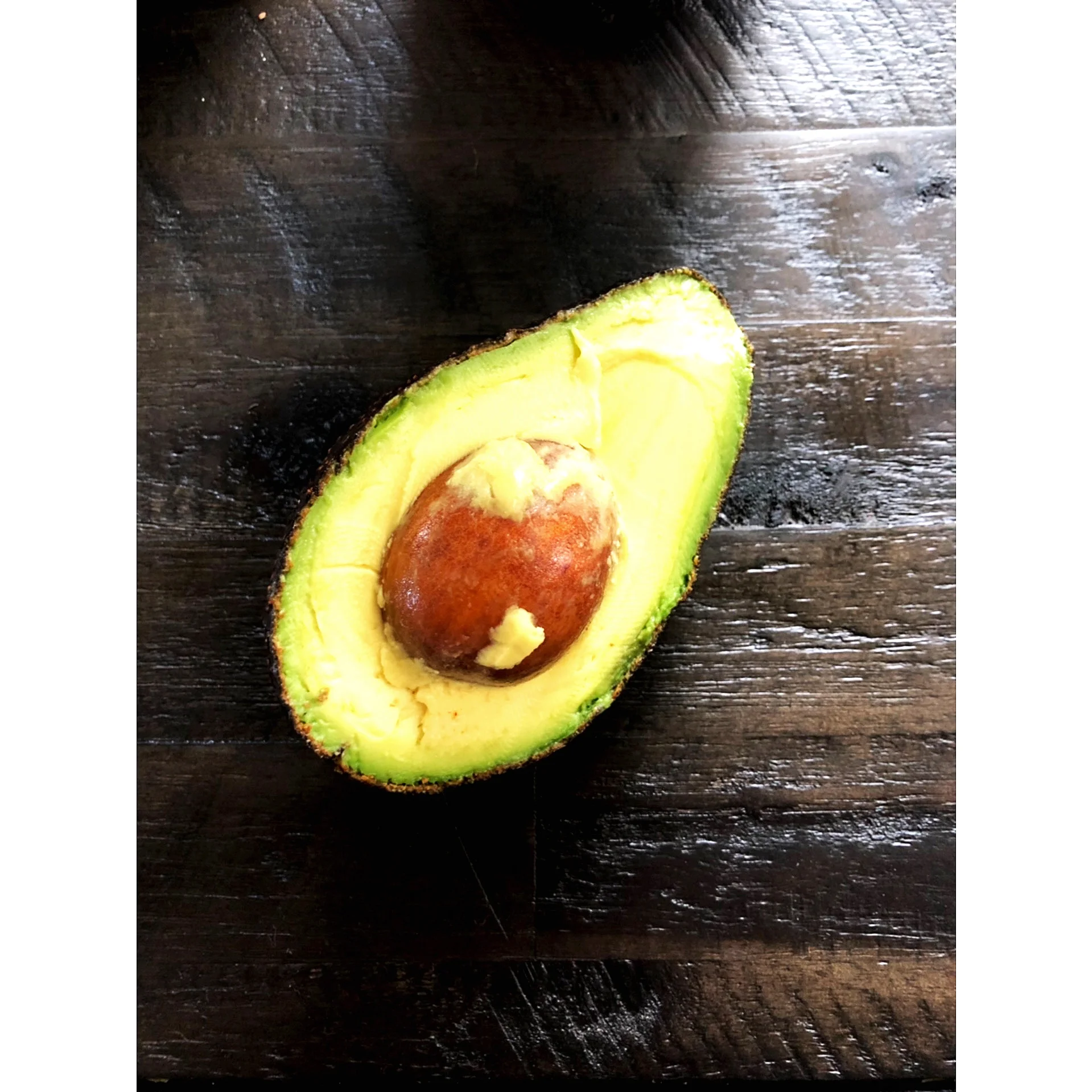Growing up as an athlete, rain, sun, heat, it didn’t matter. We played. I preferred playing in the heat to the cold, but many of my friends disagreed and preferred the cold. Lately, a new favorite activity is hot Pilates. Pilates based exercises in a dark room with loud music, black lights, and lots of sweat. Sounds fun? Because it is! But it got me thinking; while I think it feels good and can help my body stretch deeper and push harder, it is more of a challenge for others. Is there a science behind working out in the heat?
According to Sawka, Wenger, Young and Pandolf (1993), muscular exercise increases a person’s metabolic rate by five to fifteen times the resting rate; this increase in energy is released as heat and needs to be dissipated into the environment. The ability for the body to do this depends on a person’s acclimatization state, aerobic fitness, and hydration level. This means a person who is more aerobically fit and well hydrated, will have an easier time adjusting and performing in hotter environments.
The body’s physiological response to heat can be dangerous. Heat causes the body to vasodilator, our blood plasma gets thicker, and as a result, our heart rate increases to help the blood pump harder. The vasodilation can cause people to become light headed and have a decrease in blood pressure. If they aren’t used to the heat and their body isn’t able to compensate fast enough by increasing their heart rate, they are at a higher risk of passing out. This should be kept in mind as people begin to exercise in hotter environments. Going slowly, pushing yourself within your own limits, and drinking plenty of water are important for safety.
How does the body dissipate heat, as mentioned above? Sawka et al state, heat loss is regulated by the body’s autonomic nervous system of heat flow from the core to the skin, and sweating. Further, acute heat stress increases the body’s resting metabolic rate, but not an individual’s metabolic rate for performance. Additionally, heat causes an increase in the body’s use of glycogen due to the body’s increased anaerobic metabolization from decreased oxygen to muscles (Swenga et. al, 1993). This does help utilize energy and create an energy deficit if a person is trying to lose weight.
This research suggests that better acclimated people can perform well in the heat. Those that are not conditioned can still perform in hotter environments it just may not be as easy as it is for others. The most important part of exercising in the heat is to do so safely and ensure proper hydration and rest for recovery.
References:
Institute of Medicine (US) Committee on Military Nutrition Research; Marriott BM, editor. Nutritional Needs in Hot Environments: Applications for Military Personnel in Field Operations. Washington (DC): National Academies Press (US); 1993. 3, Physiological Responses to Exercise in the Heat.














